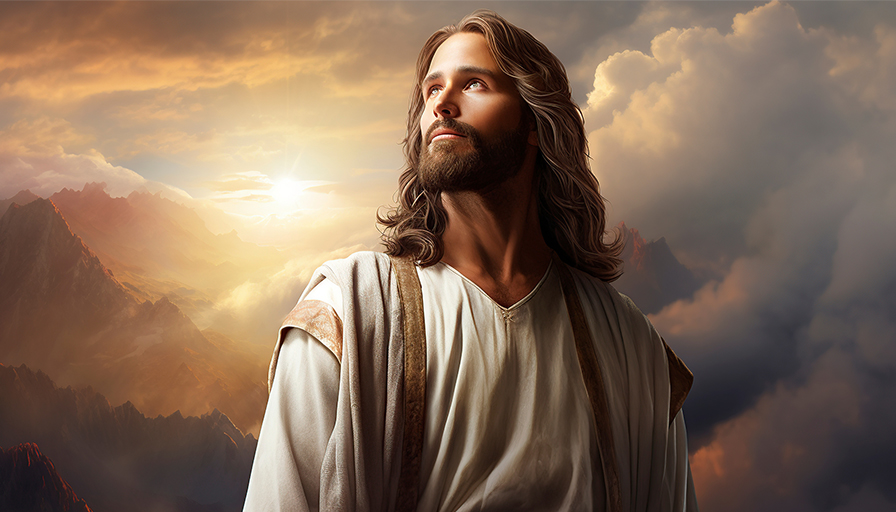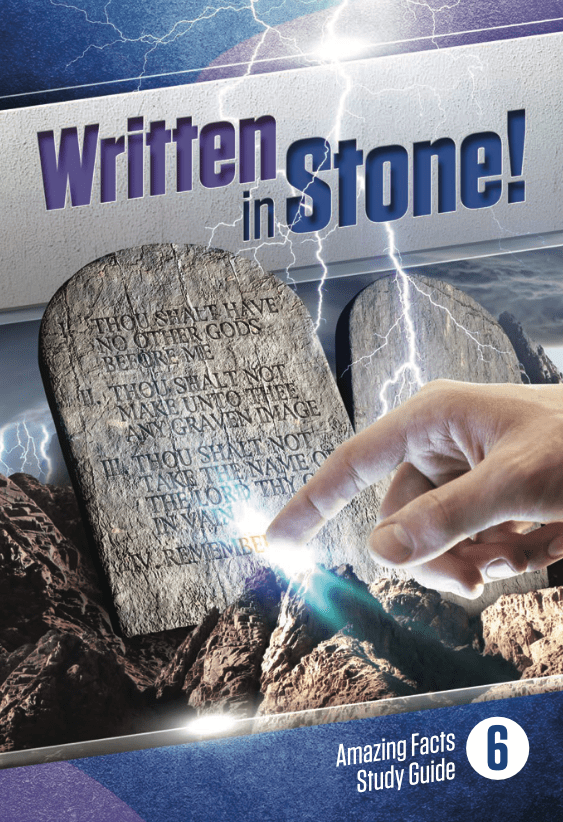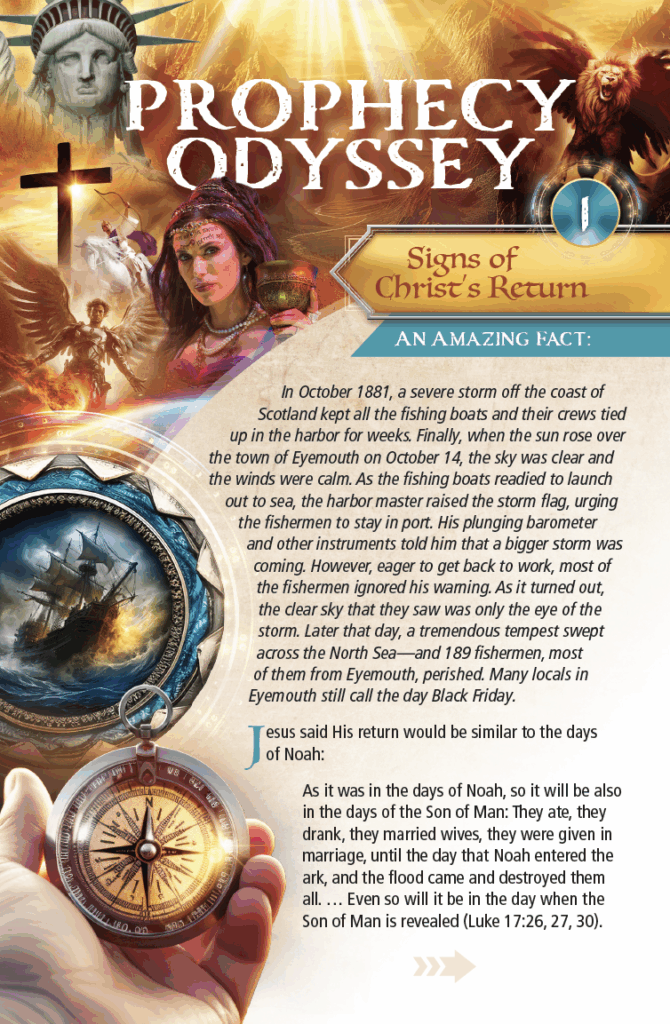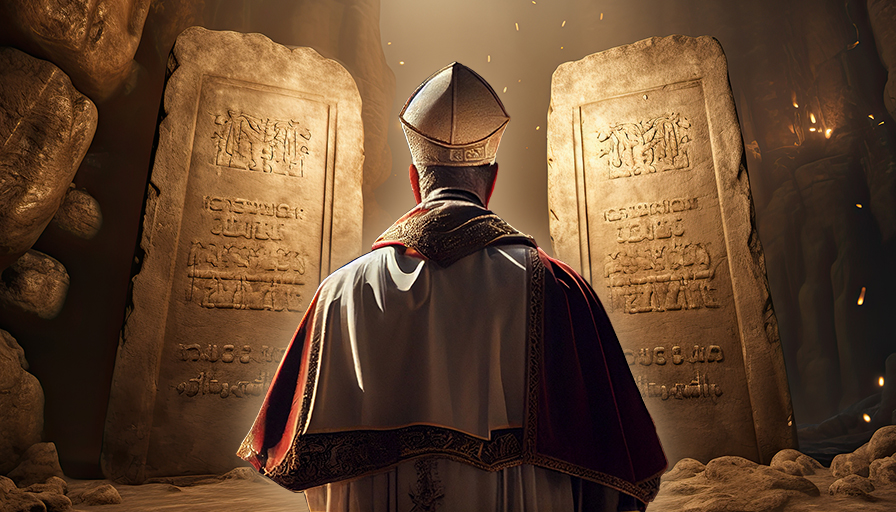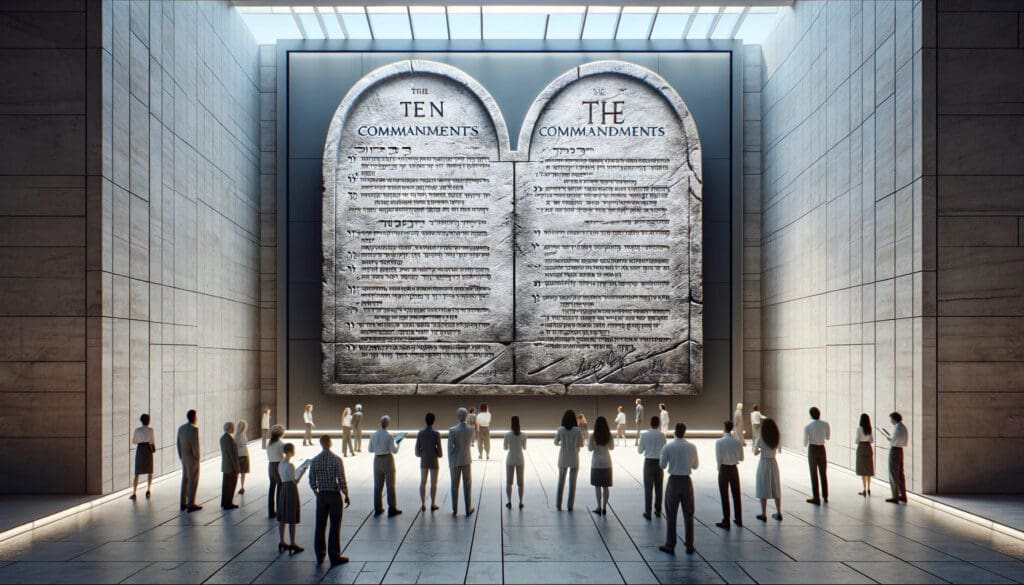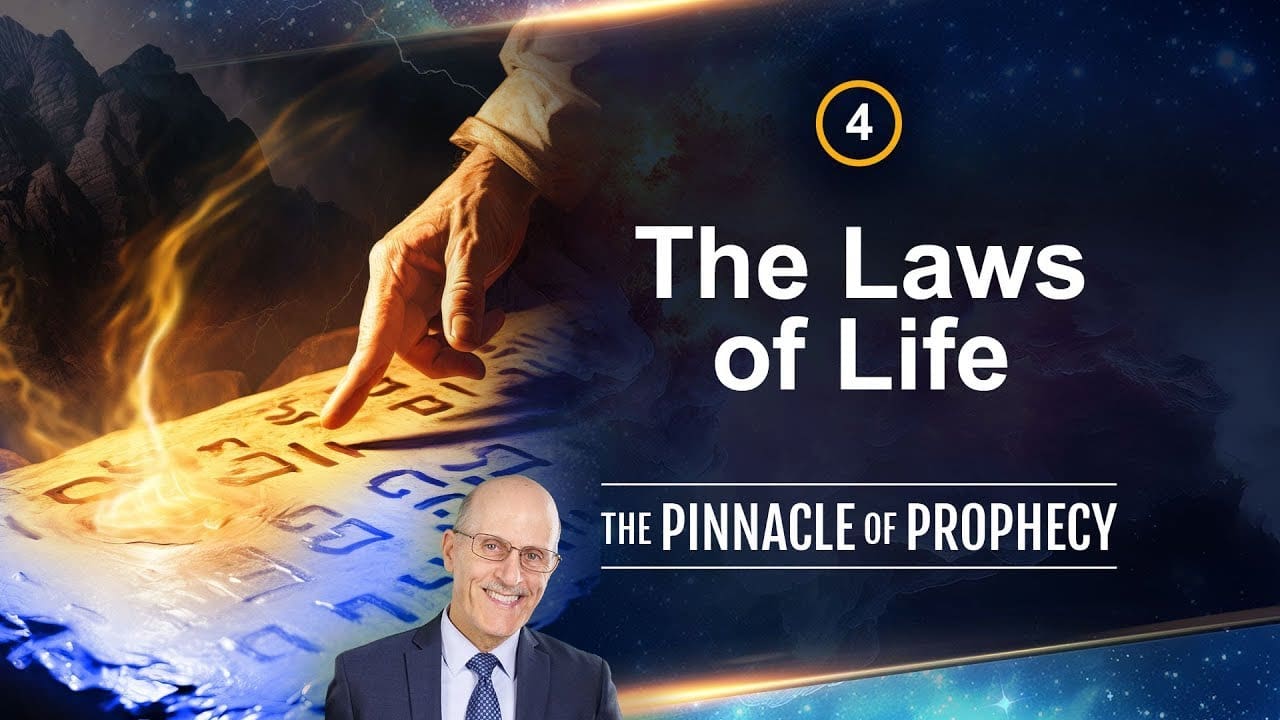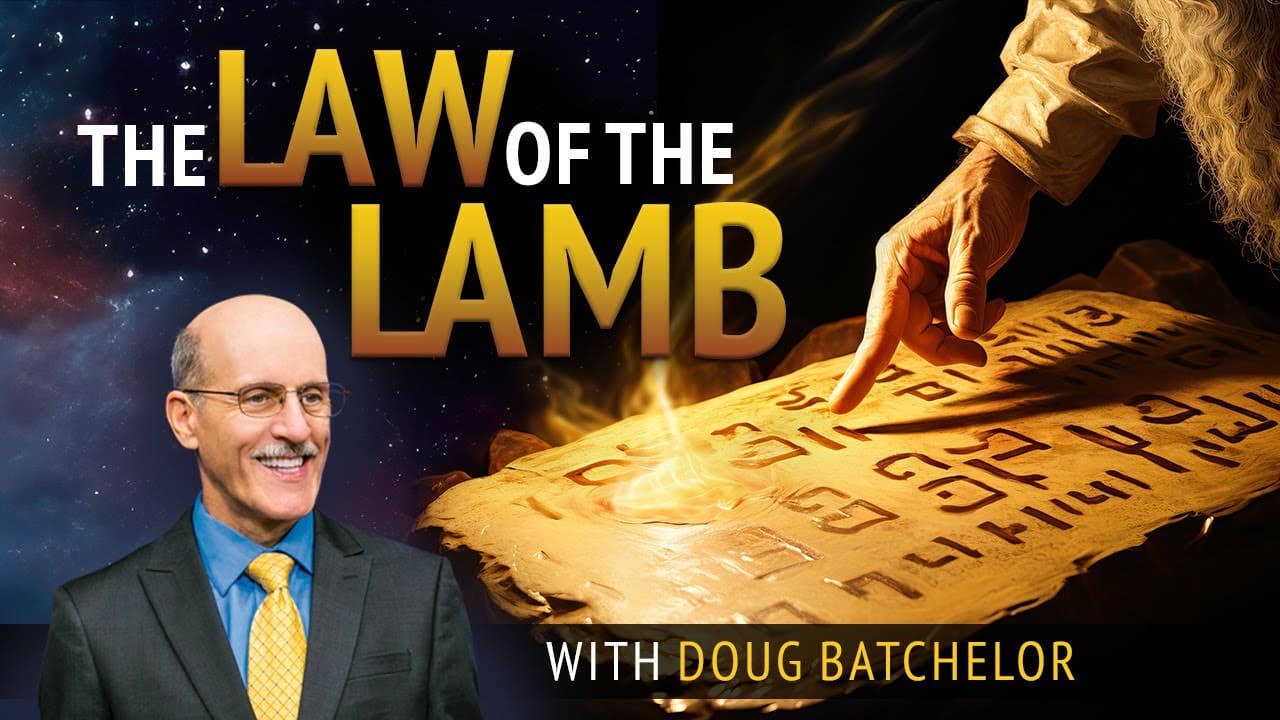Why were the Ten Commandments Relevant to Jesus?
The question, Why were the Ten Commandments Relevant to Jesus, is not just to examine the theological significance of the Ten Commandments, but it is central to understanding the mission and message of Christ. If the Ten Commandments were not relevant to Jesus, then they should not be relevant to us. However, if they are relevant to Him, they should be to us also.
Creation and the Origin of Divine Law
In Colossians 1:16, we are told,
“For by Him [Christ] all things were created that are in heaven and that are on earth, visible and invisible, whether thrones or dominions or principalities or powers. All things were created through Him and for Him.”
In the pre-fall world, everything was made by Jesus, including laws.
In Genesis 2:16-17, we witness the inception of divine law as Jesus, in His pre-incarnate form, delivers the first command to creation. He instructs Adam, and consequently Eve,
“And the Lord God commanded the man, saying, “Of every tree of the garden you may freely eat; but of the tree of the knowledge of good and evil you shall not eat, for in the day that you eat of it you shall surely die.”
This is the first written recorded commandment of God. It set the stage for obedience and consequence. It demonstrated that Jesus founded and expected to maintain the world through law and order, but especially the law of love. This is the first reason why the Ten Commandments were relevant to Jesus.

The Ten Commandments Reflected in Creation
Although the entire Ten Commandments were not written in the record of Genesis, it is clear that they were the modus operandi for creation from the dawn of this world. In the first three chapters of Genesis, we can see the principles of the Ten Commandments:
First Commandment:
Adam opened his eyes to look solely into the wonderful face of Jesus as He breathed into his nostrils (Genesis 2:7). There was nothing between humanity and our God, as the first commandment stipulates.Second Commandment:
God made the only image to represent Him—male and female (Genesis 1:27-28). There was no other image made.Third Commandment:
In Psalm 148, the psalmist wrote,“Let [all creation] praise the name of the Lord, for He commanded and they were created” (Psalm 148:5, my italics). The sun, moon, stars, trees, flowers, birds, fish, animals, mountains, weather, and people are all told in Psalm 148 to praise God’s name for creating them. The name of the Creator was written on every part of creation. The third commandment was kept as God reached the finale of the creation week and declared it all “Very good” (Genesis 1:31). God’s name was held in high esteem.
Fourth Commandment:
Explicitly revealed in the creation of the Sabbath day—sanctified by God’s holy presence (Genesis 2:1-3).Fifth Commandment:
God’s request to honour His directive to not eat from the tree of knowledge of good and evil (Genesis 2:17) was the fifth commandment: His care for us as our Father commanded respect.Sixth Commandment:
The consequence of death, arising only from Adam and Eve’s choice to walk apart from God (Genesis 2:17), indicated that in God’s perfect world, there was never to be a loss of life, especially in murder, as the sixth commandment refers to.Seventh Commandment:
The seventh commandment was revealed as God made one man and one woman to be in a holy union to bring forth children according to their likeness (Genesis 1:27-28; 2:18-25).Eighth Commandment:
https://www.amazingfacts.com.aGiving, never taking, and certainly never stealing, as stipulated in the eighth commandment, was written into the world at creation. Each day of the creation week gave to the next day. The first and second day’s light, land, and water made it possible to grow day three’s flowers, grass, and trees. These, together with the heavenly bodies made on day four, provided food, water, shelter, warmth, and seasons for the living creatures made on days five and six. There are many illustrations of how the eighth commandment was kept in the Garden of Eden.Ninth Commandment:
https://www.amazingfaThe Word of God, who cannot lie (Titus 1:2), established the world (John 1:1-3). Honesty and truth were the means through which this world was created; therefore, the ninth commandment was written into the DNA of creation.Tenth Commandment:
Finally, with this simple statement, “Then God saw everything that He had made, and indeed it was very good” (Genesis 1:31), the tenth commandment was kept. There was no need or desire for any more ‘stuff’. Covetousness was not to have a place in the unfallen world. Nothing beyond the ‘very goodness’ of God and His world was needed, and it was supplied.
The Law Defines Sin—and Points to Christ
We know that the Ten Commandments had to be somehow understood and relevant from Creation because they define what love is, and they identify its antithesis: sin.
Romans 3:20 says,
“By the law is the knowledge of sin.”
Without a law, there is no understanding of what sin is. There is also no basis for a consequence to be implemented either—especially the consequence of death.
It was because of the broken Ten Commandments that Jesus came to this earth.
Humanity had proven that they were unable to keep the law in their own strength. Jesus came to die our death, which was the consequence of not keeping the Ten Commandments.
This is the second reason why the Ten Commandments were relevant to Jesus.
There would have been no need to die for our sin if the Ten Commandments weren’t relevant because there would be no definition of sin, and there would be no consequence for sinning. Therefore, Jesus’s mission to this earth is centred around the Ten Commandments’ relevance and the fact that they were broken.
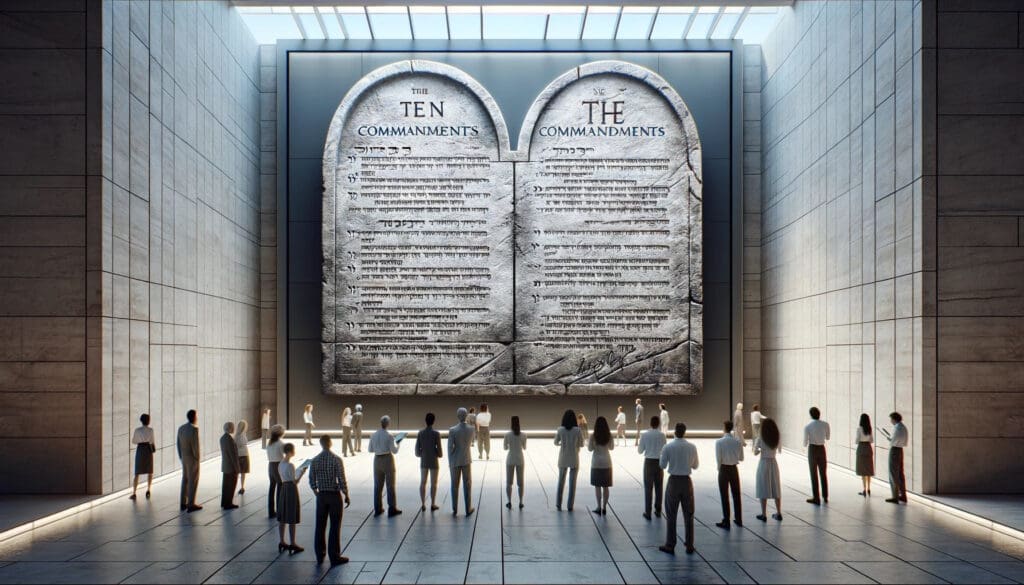
Jesus Fulfilled and Exemplified the Ten Commandments
The third reason why the Ten Commandments were relevant to Jesus is because He provided an example of how to keep them, and He gave the power to do so.
In Matthew 5:17-18, Jesus said,
“Do not think that I came to destroy the Law or the Prophets. I did not come to destroy but to fulfil. For assuredly, I say to you, till heaven and earth pass away, one jot or one tittle will by no means pass from the law till all is fulfilled.”
The Ten Commandments were so relevant to Jesus that His whole life on this earth was spent fulfilling their requirements.
Jesus was perfect and without sin (1 Peter 1:19), which means that He obtained His objective of keeping the Ten Commandments. In fact, He says,
“I have kept My Father’s commandments and abide in His love” (John 15:10).
The Sermon on the Mount and the Spirit of the Law
Jesus had an entire sermon expounding on the Ten Commandments at the beginning of His ministry. In Matthew 5–7 (parts of which are repeated in Luke 6), He emphasises the importance of not just the letter of the law but the spirit.
He tells us,
“You have heard that it was said to those of old, ‘You shall not commit adultery.’ But I say to you that whoever looks at a woman to lust for her has already committed adultery with her in his heart” (Matthew 5:27-28).
This is a greater level of obedience to the Ten Commandments than even the spiritual leaders of Jesus’s day were used to. He, in fact, said,
“Unless your righteousness exceeds the righteousness of the scribes and Pharisees, you will by no means enter the kingdom of heaven.”
They kept the Ten Commandments in part, but not in their fulness. Jesus wanted us to keep the Ten Commandments more completely.
The Ten Commandments Written on Our Hearts
We can only obtain that level of obedience because the Ten Commandments were relevant to Jesus. Paul wrote,
“Clearly you are an epistle [letter] of Christ, ministered by us, written not with ink but by the Spirit of the living God, not on tablets of stone but on tablets of flesh, that is, of the heart. And we have such trust through Christ toward God” (2 Corinthians 3:3-4).
Christ cleared the way for the Ten Commandments to be internalised, in our hearts. They would no longer be an external instruction for us to try and fail to keep. They would become an internal, automatic reality when we have Christ, who kept the Ten Commandments, living in our hearts and minds through the work of the Holy Spirit.
Paul says it another way in Romans 8:3-4:
“For what the law could not do in that it was weak through the flesh, God did by sending His own Son in the likeness of sinful flesh, on account of sin: He condemned sin in the flesh, that the righteous requirement of the law might be fulfilled in us who do not walk according to the flesh but according to the Spirit.”
Jesus tells us,
“If you love Me, keep My commandments” (John 14:15).


